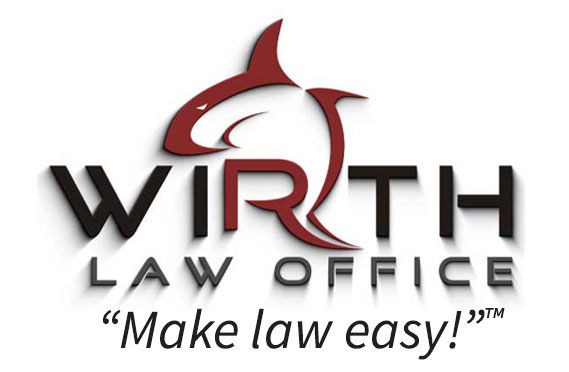The Truth behind Lie Detector Tests
 Hi, this is Wagoner Attorney Stuart Ericson. Today, we’re going to talk about, in a criminal context, lie detector tests.
Hi, this is Wagoner Attorney Stuart Ericson. Today, we’re going to talk about, in a criminal context, lie detector tests.
So number one, a lie detector test is a technology where that measures bodily heartbeat and other things on the graph, where an expert tries to determine if you are telling the truth or not, whether or not you are lying. If the police request a lie detector test on a suspect or an individual, the first question I would ask is, “What is the point?” From a suspect’s point of view, why would you submit to a lie detector test? You’d have to ask yourself, “What can be gained?”
So let’s say you’re a suspect in a case. They say, “Hey, take a lie detector test. It may help you,” and all and of that. And let’s say you pass it. Well, they’re still not likely to really believe it. They’re probably not going to care. It’s not like they’re going to stop filing charges against you if they have other evidence.
Of course, what they’re probably trying to do is, of course, just see what the result is, not that it matters, but also a way just to get you to answer more questions that might lead them to further investigation and to find more evidence against you.
So in my mind, there’s no real good reason to submit to a lie detector test, because, of course, even if you pass it, it won’t help you in any way. It cannot be admitted in a court of law, either if you pass or fail. So if you were to pass it, you’re not going to be able to tell a jury, “Hey, I passed a lie detector test.” That’s not coming in. Now, of course, if you fail it, that’s not coming in either.
So basically, you have to ask yourself, “What would I have to gain?” Usually, more things can go wrong for your case when you speak more and more and more to law enforcement. And of course, under the Constitution, you have the right to remain silent. You do not have to speak or answer any questions. You are presumed innocent unless proven guilty, and you have a right to remain silent. It is the prosecutor or the state that has the burden of proving you guilty beyond a reasonable doubt. You do not have to help them.
So if ever confronted with a question of taking a lie detector test, I would highly recommend reaching out to an attorney and consulting before ever agreeing to that, as well as whether just agreeing to talk to the police or not. Your best course usually is to remain silent. If you have questions about any of these issues, reach out to me, Oklahoma criminal defense lawyer Stuart Ericson at wagonerlawyer.com.







